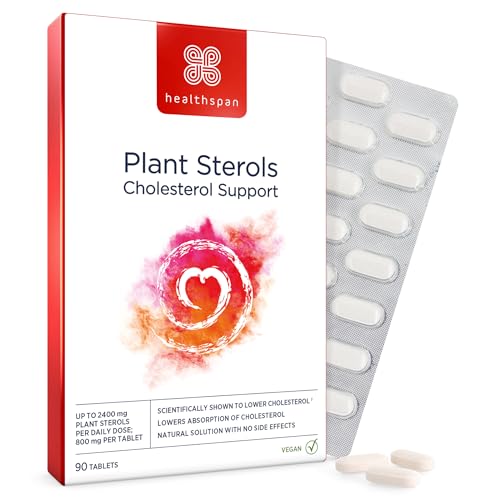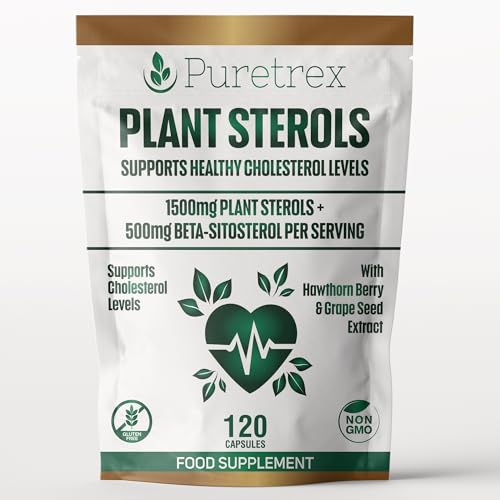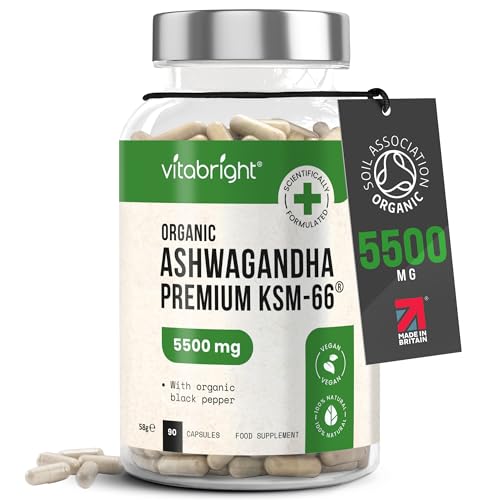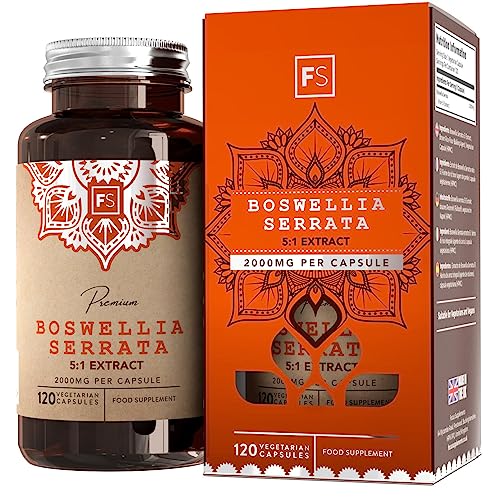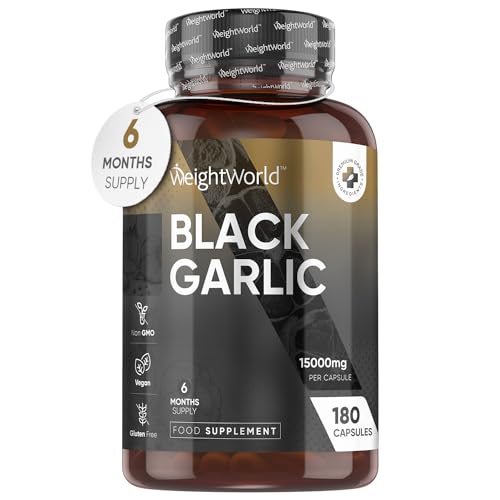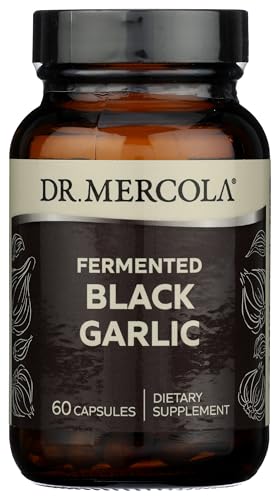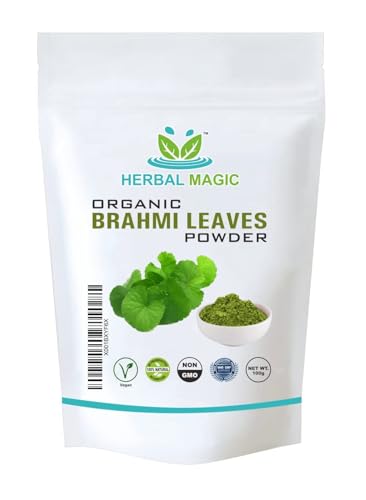Understanding Cholesterol and Its Impact on Health
The Basics of Cholesterol
Cholesterol is a waxy substance found in your blood that’s vital for building cells and producing certain hormones. Our bodies produce cholesterol, but we also obtain it through the foods we eat, particularly animal products. While cholesterol is necessary, too much of it can lead to health issues, particularly heart disease and stroke. Think of cholesterol as a delivery vehicle; if too many vehicles are on the road, traffic jams and accidents can occur.
Types of Cholesterol
There are two main types of cholesterol in our bodies: LDL (Low-Density Lipoprotein) and HDL (High-Density Lipoprotein). LDL is often referred to as ‘bad’ cholesterol because it can build up in the walls of arteries, leading to blockages. On the other hand, HDL is known as ‘good’ cholesterol because it helps carry cholesterol away from the arteries and back to the liver, where it can be removed from the body. Balancing these two types is critical for maintaining cardiovascular health.
How Cholesterol Affects Your Health
High levels of LDL cholesterol can be harmful, increasing the risk of heart disease and stroke. Imagine your arteries as pipes; too much LDL cholesterol makes the pipes narrow and clogged, which makes it harder for blood to flow. This can lead to serious health conditions. Therefore, keeping cholesterol levels in check is essential for overall health and well-being.
How Cholesterol Reducers Work: A Simple Explanation
What Are Cholesterol Reducers?
Cholesterol reducers are medications designed to help lower the level of LDL cholesterol in the blood. They come in various forms, primarily statins, which are the most commonly prescribed. Think of these medications as tools that clear out the traffic in your arteries, making it easier for blood to flow freely.
How They Work
Cholesterol reducers typically work by blocking a substance your body needs to make cholesterol. As a result, your liver pulls cholesterol from your blood, reducing the overall levels. Imagine if a factory stopped producing more cars; eventually, the number of cars on the road would decrease, easing traffic. Similarly, by taking these medications, you’re helping to manage and reduce unhealthy cholesterol levels.
Different Types of Cholesterol Reducers
There are several types of cholesterol reducers, including statins, bile acid sequestrants, niacin, and others. Each type works in a different way, targeting cholesterol production, absorption, or breakdown. It’s like having different types of tools in a toolbox; each one serves a unique purpose in managing your cholesterol levels effectively.
Choosing the Right Cholesterol Reducer for You
Consulting Your Healthcare Provider
The first step in choosing the right cholesterol reducer is to speak with your healthcare provider. They can evaluate your cholesterol levels, discuss your health history, and recommend the most suitable option based on your specific needs. It’s like having a coach who understands your strengths and weaknesses, helping you choose the best strategy for your health.
Factors to Consider
When selecting a cholesterol reducer, factors such as your age, medical history, and any existing conditions play a crucial role. Some medications may be more effective for certain individuals, while others might cause side effects. This is akin to selecting a pair of shoes; what fits and works well for one person may not be suitable for another.
Trial and Adjustment
Once you’ve chosen a cholesterol reducer, be prepared for a trial-and-adjustment period. It may take time to find the right dosage or type that works best for you. Regular check-ups and discussions with your healthcare provider are vital during this phase, ensuring that you’re on the path toward achieving healthier cholesterol levels.
Tips for Maximising the Benefits of Cholesterol Reducers
Adhere to Prescribed Doses
Taking your cholesterol reducer exactly as prescribed is crucial for its effectiveness. Missing doses or altering the intake without consulting your healthcare provider could diminish the benefits. Think of it as following a recipe; if you don’t include all the ingredients, the dish won’t turn out as expected.
Monitor Your Cholesterol Levels
Regular monitoring of your cholesterol levels is essential in assessing how well your medication is working. This will help ensure that any adjustments can be made promptly, ensuring you are on track with your health goals. It’s like checking the progress of a project regularly to stay on schedule.
Be Patient and Consistent
Finally, remember that results may take time. Lowering cholesterol is often a gradual process, and consistency in taking your medication and following your doctor’s advice is crucial. Patience is key; just as a garden doesn’t bloom overnight, your cholesterol levels will improve with time and dedication.
Lifestyle Changes to Complement Your Cholesterol Reducer
Adopting a Heart-Healthy Diet
Incorporating a heart-healthy diet can greatly complement the effects of your cholesterol reducer. Focus on eating plenty of fruits, vegetables, whole grains, lean proteins, and healthy fats. This diet not only aids in lowering cholesterol but also enhances overall health. Picture your meals filled with vibrant, wholesome foods, making it easier for your body to function at its best.
Regular Physical Activity
Engaging in regular exercise can significantly impact your cholesterol levels. Aim for at least 150 minutes of moderate aerobic activity each week, such as brisk walking or cycling. Exercise acts like a booster, helping increase HDL (good) cholesterol while lowering LDL (bad) cholesterol. It’s like fine-tuning a machine to ensure it runs smoothly.
Breaking Unhealthy Habits
Making lifestyle changes such as quitting smoking and reducing alcohol intake can also improve cholesterol levels. These changes enhance cardiovascular health overall, acting as a powerful ally to your cholesterol reducer. Think of these habits as roadblocks to your health; by removing them, you pave the way for clearer roads ahead.
